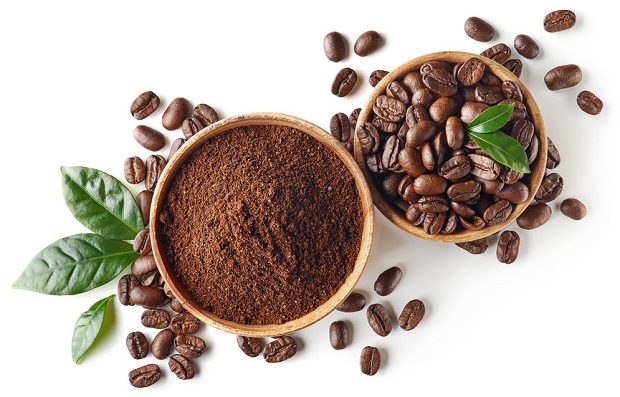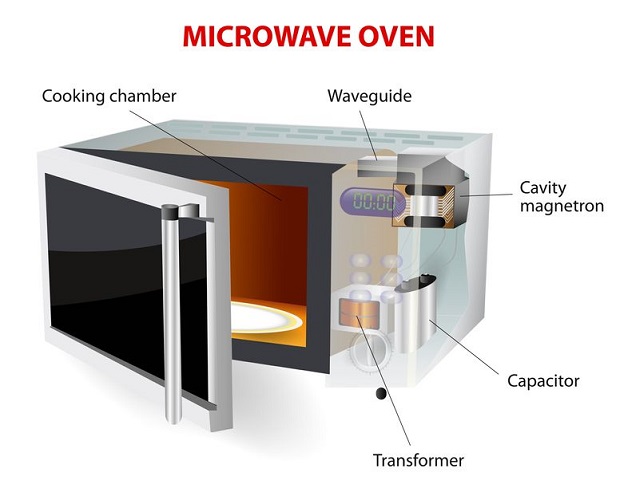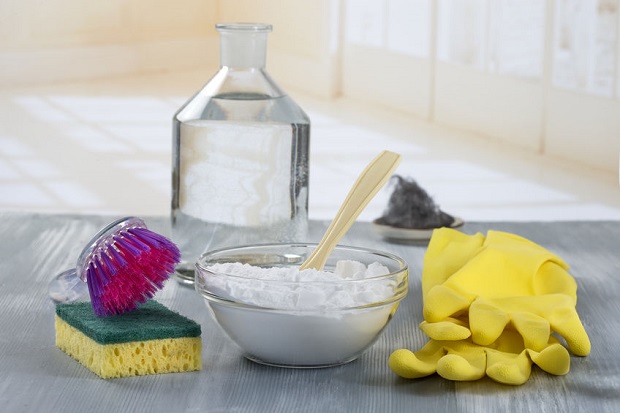
You should not put coffee grounds in the garbage disposal. As far as many garbage disposal models are concerned, you can use them to dispose of coffee grounds without harming the unit. Some manufacturers, such as Insinkerator, are specifically designed to handle coffee grounds, bones, and other items discouraged by others.
From Insinkerator’s website:
“With an InSinkErator disposal in your kitchen, chicken bones, fruit rinds, coffee grounds, and more can go right down the drain and into the garbage disposal — where they’re virtually liquefied to flow into your sewage system or septic tank safely. You’ll enjoy a cleaner food preparation area, fewer cans and bags cluttering your home, and fewer trips carrying garbage to the curb.”
Why Have a Disposer? Insinkerator
Coffee Grounds In the Septic Tank Will Be Costly
A look at how a septic system works will demonstrate why pouring coffee grounds down the garbage disposal does not make sense economically for those with private septic systems.
How the System Works. Food scraps and wastewater from your garbage disposal are flushed out of the home through a pipe that leads to your septic tank. Once the food and wastewater enter the tank, solid materials will sink to the bottom, forming sludge, and oils and grease will float to the top, forming a scum layer. Microbes in the tank, such as bacteria, algae, and protozoa, will begin to decompose the solid materials partially. In fact, some newer model garbage disposal systems come equipped with microbes that are injected into the waste prior to leaving the unit. Once enough sludge has settled on the floor of the septic tank, it must be pumped out in order to keep the system functioning properly. Using a garbage disposal with its added waste means that the tank will need to be pumped more frequently.
Adding Coffee Grounds to the Mix. Now consider coffee grounds in the above scenario. Not only do you run the risk of clogging the pipe from the house to your septic tank, coffee grounds do not decompose readily in a septic system. [Oregon State University Cooperative Extension] So by dumping your grounds into your tank, you are essentially treating the tank like a trash bin. . .a trash bin that will need to be dug up and emptied at your expense.
Coffee Grounds in Municipal Sewer Systems
Those that are connected to a municipal sewer system may not have the expense of pumping a septic tank, but should still take precautions when disposing of waste. In this case, the household plumbing is connected to a network of city sewage pipes that flow to a treatment plant. Items that buildup in the pipes can cause the sewer line connecting your home to the city system to backup. It also adds additional waste to the public system.
Resources
“InSinkErator – Garbage Disposers, Garbage Disposals, Instant Hot Water Dispensers.” Garbage Disposal | Kitchen Garbage Disposers | Food Waste Disposers | Garbage Disposals – InSinkErator. N.p., n.d. Web. 9 Jan. 2012. http://www.insinkerator.com/en-us/Household-Products/Garbage-Disposers/Pages/Why-Have-a-Disposer.aspx
“Garbage Disposal Do’s and Don’ts – Plumbing & Drain Cleaning – DE, PA, MD | Horizon Services Inc..” Plumbing, Heating, Air Conditioning, Drain Cleaning, Sewer – DE, PA, MD. N.p., n.d. Web. 9 Jan. 2012. <http://www.horizonservicesinc.com/reference/tips-articles/plumbing-drain-cleaning-garbage-disposal-dos-donts>.
“Sewer: What Should Not Go Down the Drain.” Riverside, California. N.p., n.d. Web. 25 Mar. 2014. <http://www.riversideca.gov/publicworks/sewer/drain.asp>.
“A Homeowner’s Guide to Septic Systems.” US Environmental Protection Agency. N.p., n.d. Web. 25 Mar. 2014. <http://www.epa.gov/owm/septic/pubs/homeowner_guide_long.pdf>.
“Managing Your Household Septic System.” Arizona Cooperative Extension. University of Arizona, n.d. Web. 25 Mar. 2014. <http://ag.arizona.edu/pubs/water/az1161.pdf>.
“Compost Specialist coffee grounds and soil trial November 2008-September 2009.” Oregon State University Extension. N.p., n.d. Web. 25 Mar. 2014. <http://extension.oregonstate.edu/lane/sites/default/files/CoffeeGrdTrial.pdf>.




